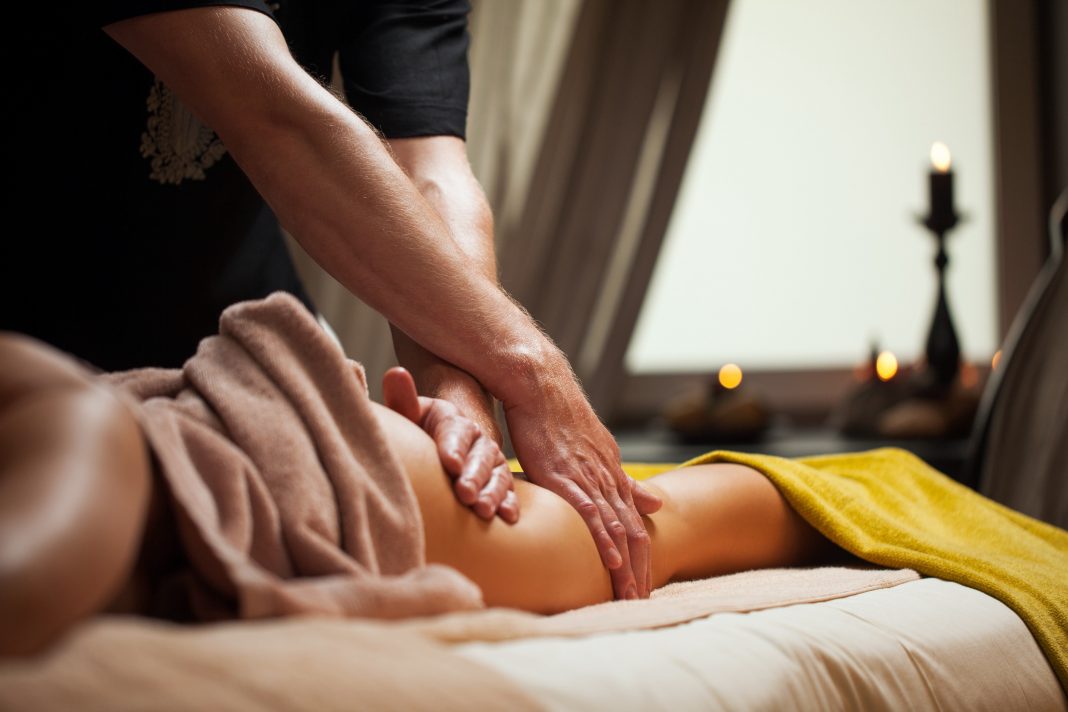Body oiling is a centuries-old weekly ritual in India that holds deep cultural and therapeutic significance. This practice, often referred to as “abhyanga,” involves massaging the body with warm oil, typically before bathing, to promote physical, mental, and emotional well-being. Here, we’ll delve into the traditions and benefits of the Indian body oiling ritual.
1. The Importance of Ayurveda:
The practice of body oiling is rooted in Ayurveda, the ancient system of holistic medicine that originated in India over 5,000 years ago. Ayurveda recognizes the connection between the mind, body, and spirit and emphasizes the importance of balance to maintain health.
2. Choice of Oil:
In India, various oils are used for body oiling, each with specific therapeutic properties. Some commonly used oils include sesame oil, coconut oil, mustard oil, and almond oil. The choice of oil depends on an individual’s constitution, known as their “dosha,” and their specific health needs.
3. Ritualistic Application:
The process of abhyanga typically involves warming the chosen oil and gently massaging it onto the body. The massage follows specific strokes, often starting from the extremities and moving towards the heart. The entire process is intended to be soothing and calming, promoting relaxation.
4. Promotes Physical Health:
Regular body oiling helps nourish the skin, making it soft and supple. The massaging action stimulates blood circulation, which can improve overall health. It also aids in the removal of toxins from the body through the skin.
5. Enhances Mental Well-being:
The act of body oiling is a form of self-care and mindfulness. It provides an opportunity to connect with one’s body, reduce stress, and calm the mind. The aroma of the oil, combined with the soothing massage, creates a sense of relaxation and tranquility.
6. Balances Doshas:
According to Ayurveda, each person has a unique constitution, or dosha, which influences their physical and mental characteristics. Regular abhyanga is believed to help balance the doshas, promoting overall health and well-being.
7. Aids in Sleep:
Many people find that body oiling before bedtime can improve the quality of their sleep. The relaxation and calming effects of the ritual can help alleviate insomnia and promote a restful night’s sleep.
8. Supports Joint Health:
Body oiling is particularly beneficial for maintaining joint health. It can help alleviate joint stiffness and promote flexibility, making it an excellent practice for individuals with arthritis or joint issues.
9. Cultural Significance:
In India, body oiling is not just a therapeutic practice but also a cultural one. It is often passed down through generations, with families and communities sharing their knowledge of oils and massage techniques.
10. Adaptation in Modern Times:
While traditional body oiling rituals are still prevalent in India, the practice has also evolved to meet modern lifestyles. Many people incorporate body oiling into their weekly routines to maintain health and well-being.
In conclusion, the Indian body oiling ritual is a time-honored practice deeply rooted in Ayurvedic traditions. It offers a multitude of physical, mental, and emotional benefits, making it a valuable self-care ritual that promotes holistic well-being. Whether performed as part of a cultural tradition or as a personal wellness practice, regular body oiling is a cherished ritual in India that continues to provide numerous therapeutic advantages.




